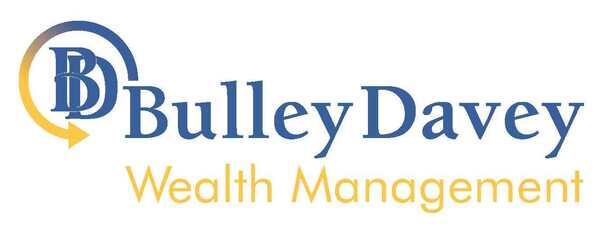If you’re looking for someone to manage your property and finances while you’re away, or even take charge of your care if you fall seriously ill, a power of attorney (POA) might be important to you.
But when it comes to wills and planning for later life, it feels like a lot of clients aren’t sure what POAs are all about.
Here’s our definitive guide to POAs, why they’re important and how to arrange one.
What is a power of attorney?
While the term ‘power of attorney’ might not sound like a physical thing, it actually is. Sometimes, they’re known as letters of attorney, which is a bit of a clearer name.
Essentially, a POA is a written authorisation that allows a designated person, known as the attorney, to represent or act for another person, who is known as the donor.
Once a POA has been signed, the attorney can act on behalf of the donor in their private or business affairs, making decisions about their property, finances or even medical care.
They are mostly used in the event of a donor’s becoming temporarily or permanently incapacitated, or when they are unable to sign important documents, but don’t have to be.
Common types of POA
First, there are ordinary POAs, which allow someone to look after your financial affairs for a temporary period of time, ending if you lose the mental capacity to make your own decisions.
Then there’s the lasting power of attorney (LPA), which allows an attorney to make decisions about your daily routine, including healthcare, and/or property and financial affairs. They are only to be used when you’re unable to make your own decisions, however.
Before LPAs were introduced in 2007, donors used enduring power of attorneys (EPA), which were similar except attorneys lacked authority of daily decisions. Only EPAs signed before 1 October 2007 can be used.
Why is a power of attorney important?
There are lots of benefits for you to get an agent with a POA, mainly the assuredness that your finances and property are being managed when you’re not capable or when you’re away.
People often think of POAs in the context of the donor being too ill to manage their own affairs, but they’re also an option for people in other circumstances.
For instance, if you want to go travelling or live in a remote retreat without having to worry about your day-to-day affairs, a POA will allow you to do so secure in the knowledge everything at home is being handled.
Remember that regular POAs can be temporary, so it could be the peace of mind you’re looking for if this sounds like you.
Peace of mind is especially important if you fall ill or become otherwise incapacitated. In this case, an ordinary POA will ensure you can focus on your recovery and remove as much stress from your life as possible.
If you become incapacitated to the extent an LPA is necessary, your agent can make sure the right decisions are made about your property, finances and estate.
Not only does that mean you pick things up where you left off if you return to full health, but that you can pass on everything you want to any beneficiaries if you don’t.
In that sense, if you’re thinking about estate planning and inheritance tax (which is important to do now no matter how far away your death might seem), POAs are a very important consideration.
Applying for power of attorney
The NHS recommends you set up both a health and welfare LPA and a property and financial affairs LPA, advice that we stand by.
A lot of people do at the same time as drafting or updating their will, sometimes using the same solicitor to do so.
You can apply online for POA on GOV.UK or contact the Office of the Public Guardian for an application pack.
At Bulley Davey Wealth Management, our own corporate benefits adviser and will writer Caroline Brearley can help you get started.
Fully-qualified to arrange POAs, she’s also a great listener and will get you exactly what you want and need, answering any questions you might have in full.
It’s always worth seeking professional advice about something as something complex, sensitive and important as a POA.
Reach out to Caroline at 01775 718850 or email her at caroline.brearley@bulleydaveywm.co.uk for some advice.
